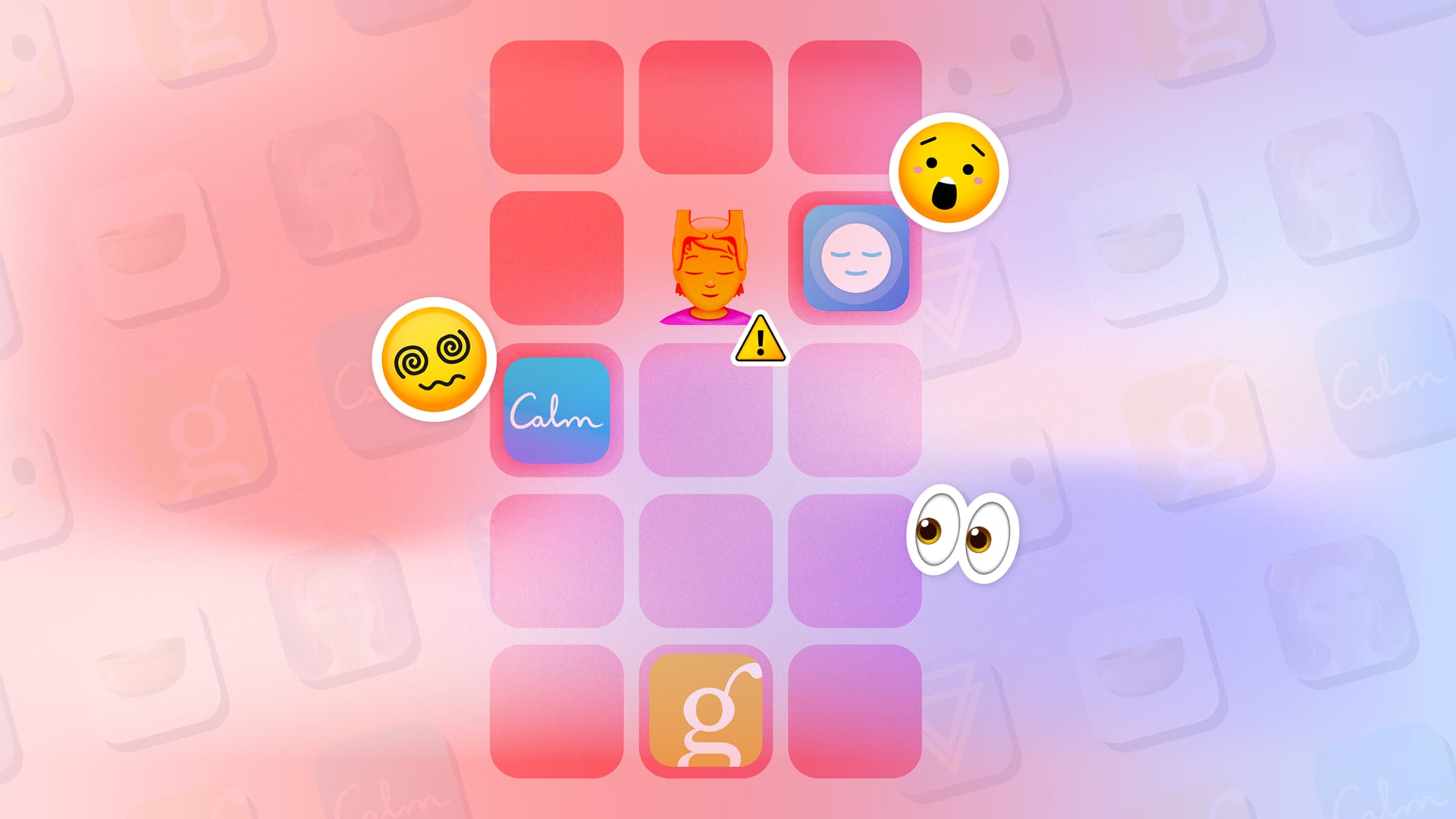
Popular mental health apps failing to protect user privacy: Mozilla
What's the story
Apps that help people with mental issues are sure helpful, but how many of them are safe? A recent Mozilla research shows that several famous mental health apps are falling short when it comes to protecting the privacy of their users. Certain apps intended to help people with mental health conditions are collecting vast amounts of personal information but their privacy policies are questionable.
Detail
22 of 32 apps were assigned a warning tag
Last year, Mozilla tested 27 apps focusing on mental health, meditation, and prayer, including Calm and Headspace. The researchers reviewed the same apps this year along with five new apps requested by the public. Among the total 32 apps, 22 were given the "privacy not included" warning tag, which Mozilla allocates to apps that have the highest concerns over privacy and personal data.
Information
Most of the 27 re-reviewed apps still performed badly
Of the 27 apps from last year that were re-reviewed again this year, Mozilla said around 17 of the 27 still fared badly in terms of privacy and security.
Example
Online counseling app BetterHelp disclosed information to Facebook
Even after promising to keep user data private, some apps don't follow it strictly. BetterHelp, which offers counseling sessions online, was one among them, per Mozilla. The platform has been called out for disclosing sensitive user information with Facebook and Snapchat. For its actions, the company agreed to pay a fine of $7.8 million to the Federal Trade Commission in March.
Example
Replica: My AI Friend was found to have security issues
In this year's study, one of the most analyzed apps was Replica: My AI Friend, which is a"virtual friendship" chatbot. Mozilla researchers said it was "perhaps the worst app we've ever reviewed." It had severe security issues and failed to make it up to the minimum security standards. It's banned in Italy since the app is said to have violated European data privacy regulations.
Improvements
Some apps have shown improvements
Fortunately, some apps on last year's list have made progress. Youper has earned the title of the most improved app of the whole lot, after changing its data collection policies, particularly its password policy requirements. Wysa and PTSD Coach also turned a new leaf. Researchers said they were "head and shoulders above the other apps in terms of privacy and security."
Information
These apps were found to have poor privacy policies
Other apps which showed considerable improvements include Moodfit, Calm, Woebot, and Modern Health. On the other hand, mental health apps with substandard privacy policies include Pride Counseling (owned by BetterHelp), Shine, Talkspace, and Headspace.